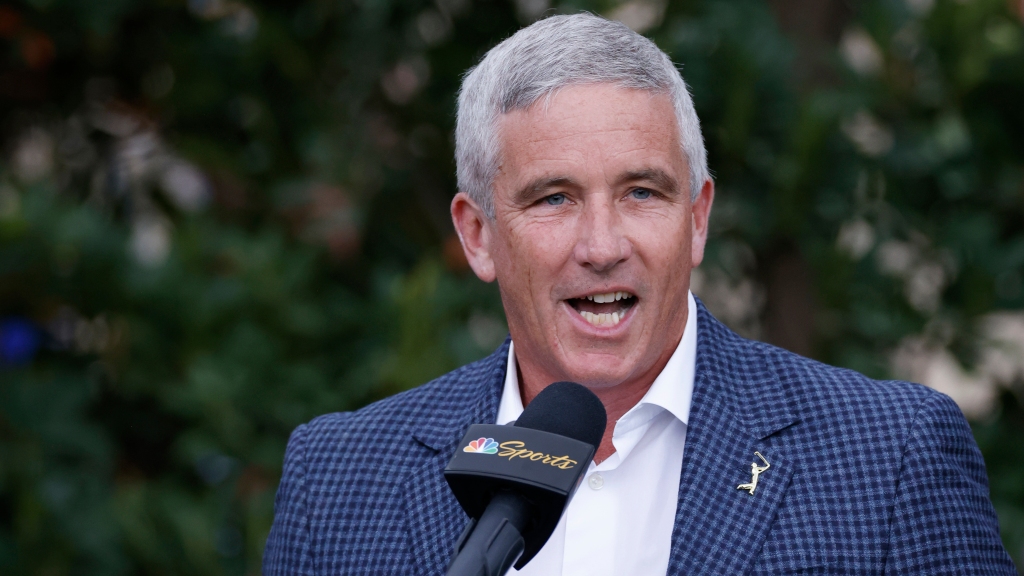It’s scarcely an exaggeration to wonder if more people have seen details of America’s classified national security plans than of the armistice between the PGA Tour and the Saudi Arabian Public Investment Fund, though perhaps some day we’ll learn that Crown Prince Mohammed bin Salman is alone in being familiar with the particulars of both.
The conflict roiling golf was never destined to end in a clear-cut, binary manner with both parties raising hands, one in victory, the other in surrender. Even the broad strokes relayed about the agreement make it difficult to discern who wins and who saves face. Which is, one supposes, the point. Specifics are scarce because this deal is less about shaping a future vision than drawing a line under a current problem.
According to Jimmy Dunne, the Wall Street veteran and Tour board member who helped architect the arrangement, the Saudis have been granted only the right of first refusal on future investments and the chair of a new, for-profit joint venture, with no iron-clad promises beyond that. He said that Jay Monahan will oversee LIV and can disband it, despite Greg Norman, the CEO of the Saudi-funded circuit, telling his team that nothing changes. If so, Tuesday’s victory lap by LIV golfers was akin to frogs being tossed in boiling water and gloating about the warmth it provided.
On just one aspect were Monahan and Yasir Al-Rumayyan, the governor of the Saudi fund, explicitly clear: litigation between their organizations will end. And that’s really the reason for this chiffon settlement. Al-Rumayyan is no fool, his paying for Pat Perez notwithstanding. He can withdraw LIV’s antitrust claim against the Tour before the Ninth Circuit court of appeals affirms that his Fund is subject to the jurisdiction of U.S. courts. For his part, Monahan can end the legal costs – currently in the region of $50 million – that he told staff were unsustainable.
Whether the deal is actually consummated remains to be seen. It will need to clear more hurdles than Edwin Moses, both internally at the Tour and also with regulators. Department of Justice concerns about whether the Tour operates as a monopoly won’t be eased by this alliance, or by Monahan telling CNBC that it allowed the Tour to “take a competitor off the board.” Jodi Balsam, a professor at Brooklyn Law School, adds that regulatory review could require the same sensitive disclosures the Saudis have sought to avoid in the antitrust suit, and that refusal…
..
Click Here to Read the Full Original Article at Golfweek…
